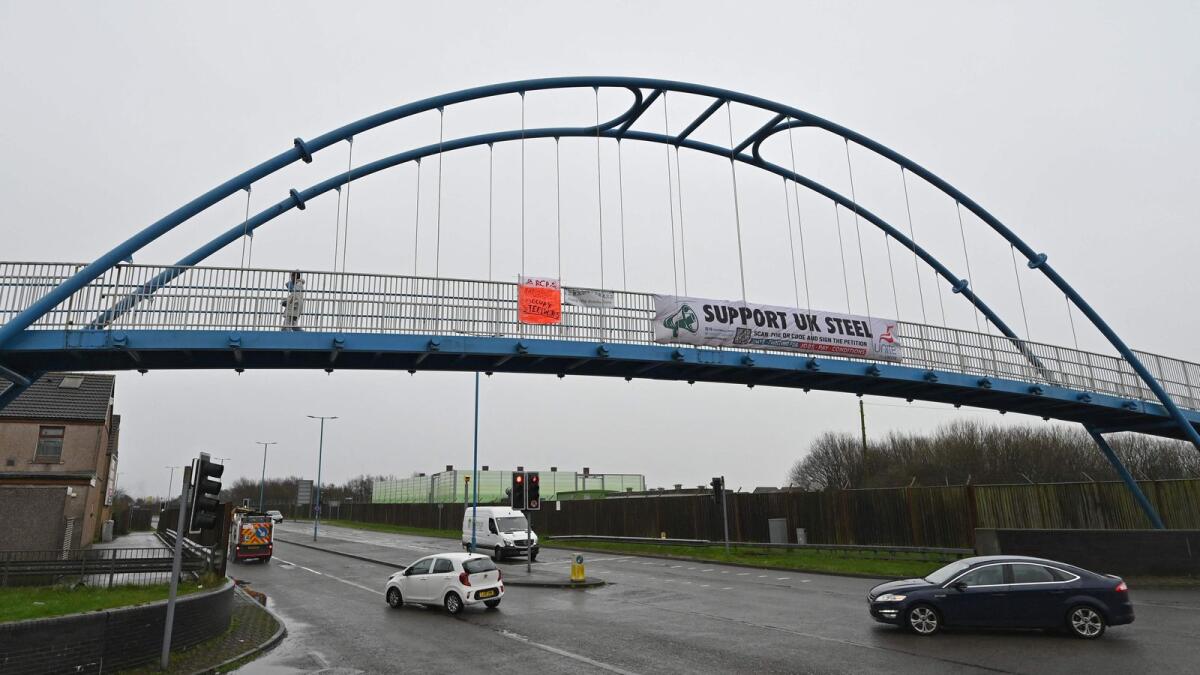A potential strike at Tata Steel UK’s Port Talbot steelworks in south Wales has been called off as unions and management have resumed talks. The Indian-owned company plans to shut down its first furnace soon and the second by the end of 2024 as part of a shift towards greener production. Unite trade union had initially announced an indefinite strike starting July 8 in response to job cuts but has since suspended the strike following talks with Tata.
The main opposition Labour party in Britain, expected to win the upcoming general election on July 4, had urged Tata to avoid the strike. Unite confirmed on Monday that the industrial action had been paused after Tata expressed willingness to negotiate on future investments for their operations in South Wales. Unite’s general secretary Sharon Graham sees this as a breakthrough in protecting jobs and the long-term future of steel-making in the region.
The proposed closure of coke ovens and blast furnaces at the Port Talbot site could lead to the loss of up to 2,800 jobs, as Tata aims to transition to less carbon-intensive production. The European steel industry is undergoing significant changes to reduce emissions, and Tata is looking to invest £1.25 billion, with support from the UK government, in electric arc furnace technology to cut carbon emissions in the long term.
The decision to postpone the shut down of one of the furnaces was made in response to the threat of strike action, with Tata opting to focus on discussions with unions regarding future investments and business aspirations. This move comes as a relief to workers who were prepared to fight for their jobs and the communities that rely on the steel industry in South Wales.
The resumption of talks between Tata Steel and the unions indicates a willingness to find a middle ground that benefits both sides. The cooperation between management and labor is crucial in securing the future of the steel industry in South Wales, as well as ensuring that workers are not left without jobs in the midst of a transition to greener production methods. The decision to invest in electric arc furnace technology signals a commitment to sustainability and reducing carbon emissions in line with global initiatives to combat climate change.
The UK government’s involvement in supporting Tata’s investment plans demonstrates a commitment to preserving jobs and ensuring the longevity of the steel industry in the country. By working together towards a common goal of sustainable production and job security, Tata Steel and the unions can pave the way for a more stable and prosperous future for steel-making in South Wales. The decision to pause the strike and enter negotiations reflects a positive step towards finding solutions that protect both the workforce and the environment.









